
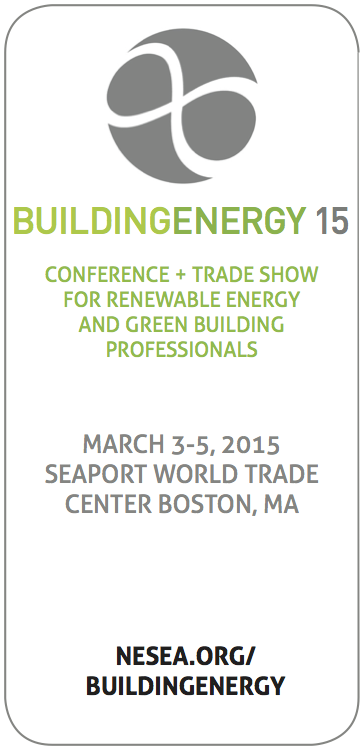 BuildingEnergy 15 is a community-driven event. One of the many reasons why I love this conference is that each one of us has the ability to directly impact the conference. As conference designers, we choose what we want to learn about.
BuildingEnergy 15 is a community-driven event. One of the many reasons why I love this conference is that each one of us has the ability to directly impact the conference. As conference designers, we choose what we want to learn about.
In my experience, most other conferences are reactive to the content that is submitted by potential speakers. BuildingEnergy is different. Our planning committee proactively creates the content we want to see. This year we have codified this structure of content curation and opened up the process so that more people can get involved and contribute. In truth, content curation was the process in which much of BuildingEnergy was created in the past, but now we have institutionalized it. I would like to highlight a few sessions that came about because of the new system.
Is it All Hot Air: Ventilating Homes, Why? How Much? and How?: Robb Aldrich submitted what would have been a great session on selecting whole building ventilation systems for homes. However, with Ellen Tohn’s guidance, this session expanded its scope to also review what we know (and don’t know) about why we need ventilation systems in the first place. Indoor air quality is a critically important issue and I am really excited to see more on it at BuildingEnergy. The new ASHRAE 62.2 standard is sparking a lot of debate in our industry and Ellen’s ability to recruit a member of that committee to participate in this session shows what a strong content curator can do for a session.

Reinventing the Water Grid Part I and Part II: Many people have said that BuildingEnergy needs to focus more on water. I am not sure where sessions like this would have fit under the old track system, but the new system has given us the flexibility to more easily explore new subjects like water. Nadav Malin and Robert Leaver have created two really fascinating sessions that will kick start more water discussions within our community. Part I will look at water at the regional/community level, the underlying science, and the economics. Part II will discuss building-specific opportunities, challenges, and solutions.
Recent Research in Behavior: Boosting energy performance in buildings and The All Glass Building - Is Energy Efficiency Possible?: These two sessions epitomizes how the new structure ideally works. Both Kate Crosby and Hannah Durschlag, first time participants on the planning committee, stepped up and decided to put together sessions that they thought would be really interesting to our community. The speakers in these sessions, with the exception of Andrea Love, are new voices at BuildingEnergy and ones that we otherwise might not have heard. Thank you Kate and Hannah.
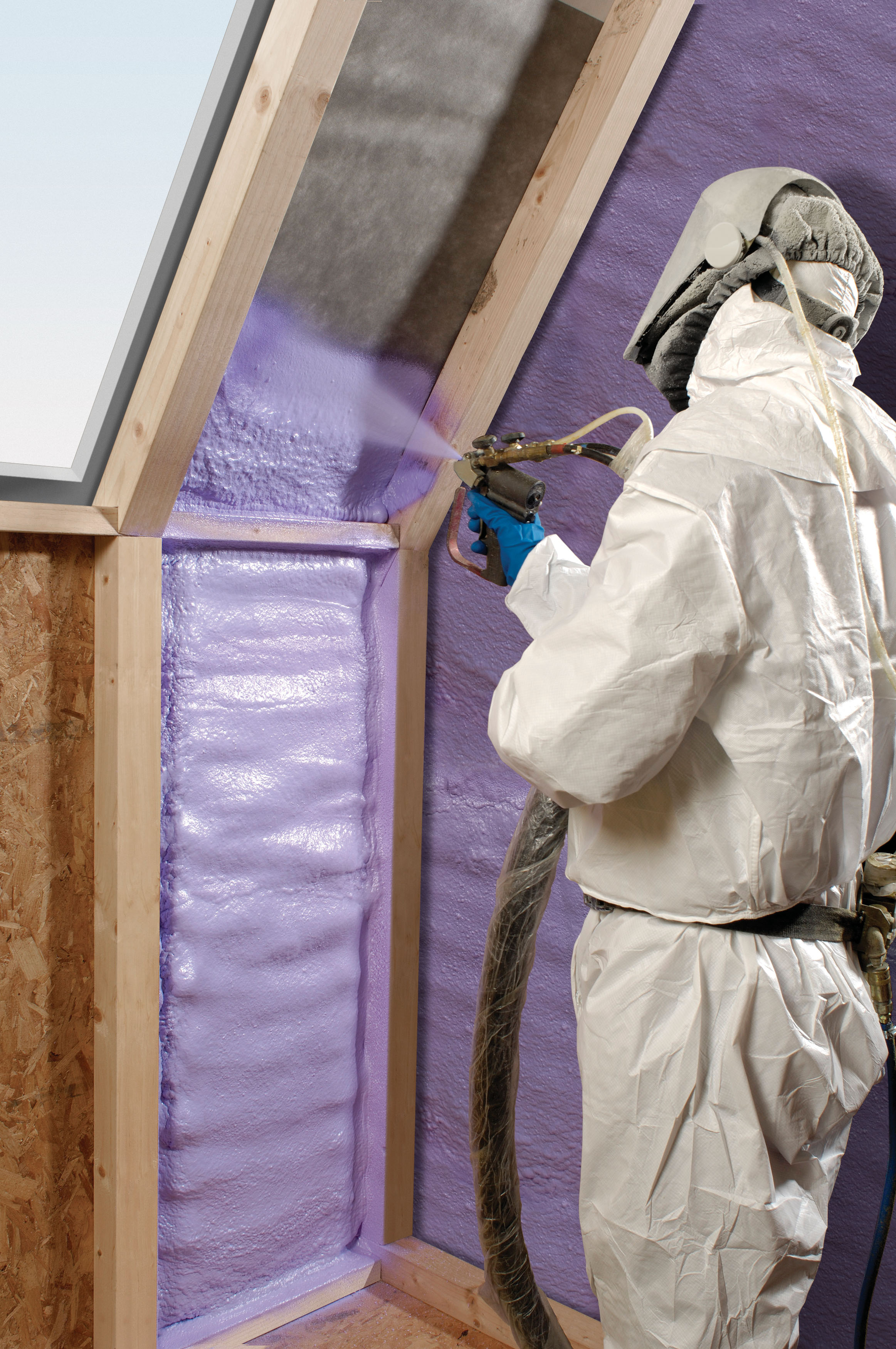 Tiny Bubbles: The Deal with Foam: This session grew out of Jean Carroon’s anxiety over how much foam she is using on her projects. It is a great example of how we can create sessions to directly address questions and issues that we are struggling with within our own practices.
Tiny Bubbles: The Deal with Foam: This session grew out of Jean Carroon’s anxiety over how much foam she is using on her projects. It is a great example of how we can create sessions to directly address questions and issues that we are struggling with within our own practices.
Closing Forum: 100 years of Experience: This event was originally pitched by Paul Eldrenkamp as a 90 minute session with Chuck, Terry, and John swapping stories about their experiences over the last 30 some odd years. It would have been a great session, but it will be an even better final, communal event. It also probably would not have happened if we had sat around waiting for Chuck, Terry, and John to volunteer. We did add some young whippersnappers to the lineup to make a more interesting dynamic.
I hope that you join us at BuildingEnergy 15 and are able to navigate the content options without the old tracks system (which most of you didn’t use anyway) to guide you.
Our Mission
NESEA advances sustainability practices in the built environment by cultivating a cross-disciplinary community where practitioners are encouraged to share, collaborate and learn.


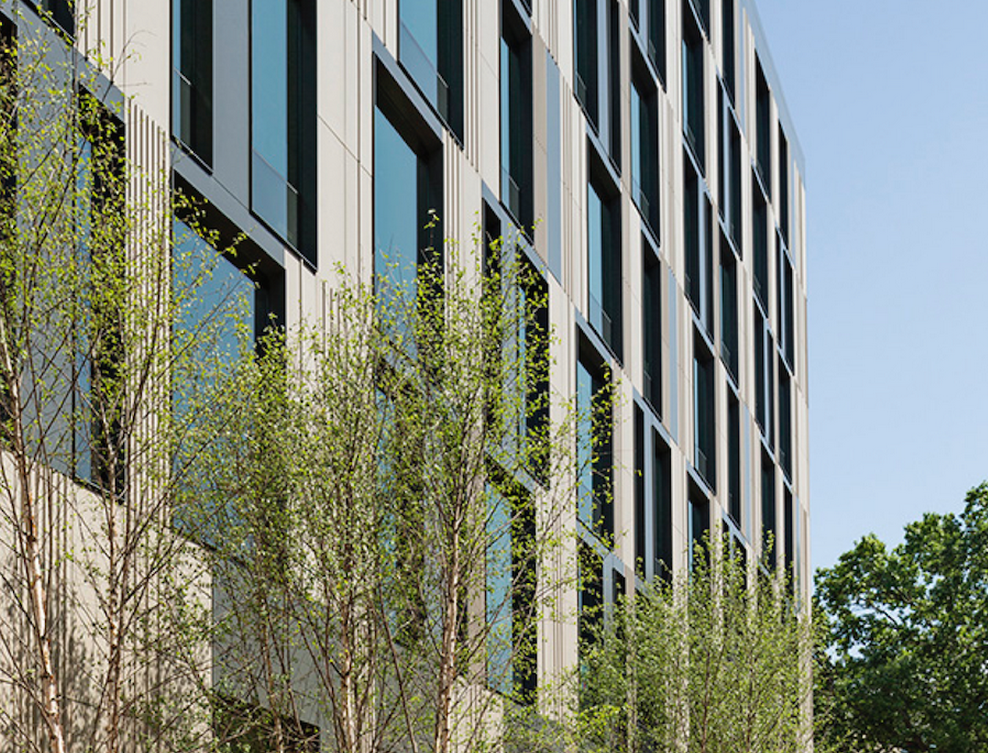

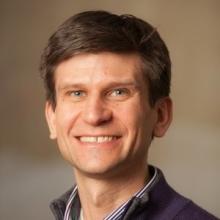

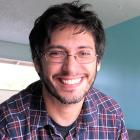
Add comment